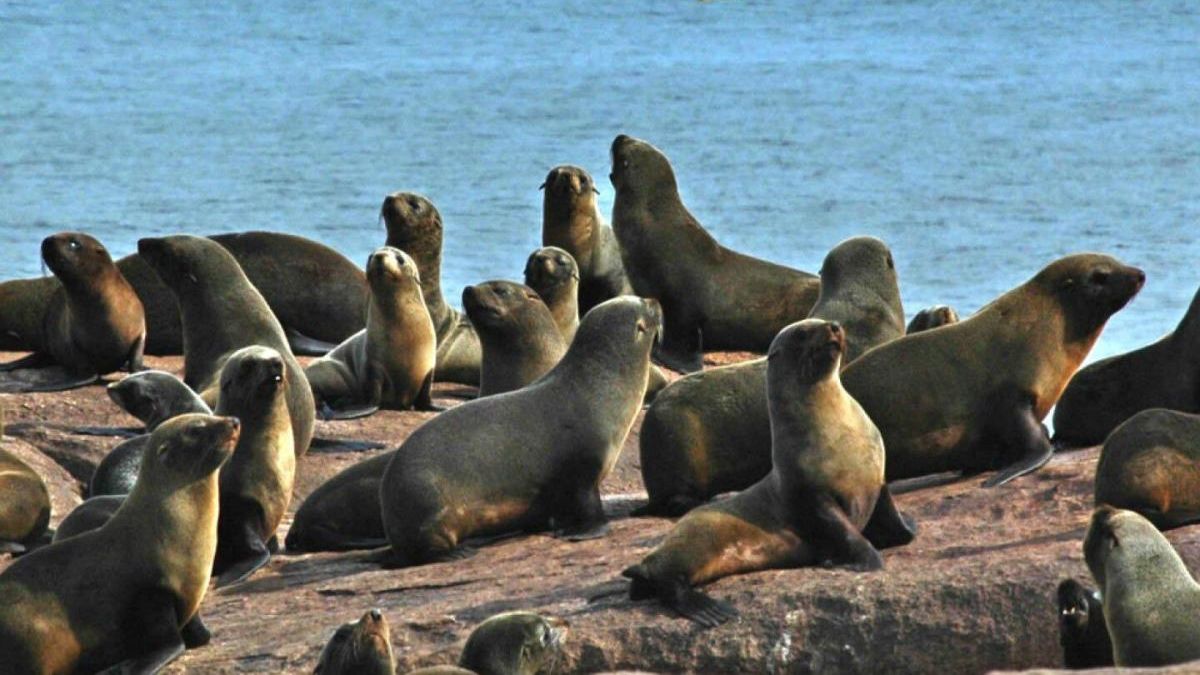The sea lions and sea lions found dead in recent weeks on the country’s coasts by bird flu There are already 400, reported the ministries of Atmosphere and of Livestock, Agriculture and Fishing (MGAP), which monitor the epidemiological situation.
The dead specimens, of which about 350 have already been buried to prevent the spread of the virus, appeared along the entire Uruguayan coast on the ocean Atlantic and the River Plate. The first of the dead pinnipeds was found on September 5 at Playa del Cerro de Montevideo.
“It is a situation that is evolving now and that we attribute to the bird flu“explained the person in charge of the Wildlife Area of the Ministry of Environment, Carmen Leizagoyen. “You can’t control the disease. You have to wait for the population’s own immunity to act, but we don’t know when that will happen,” she added.
In Uruguay, the total population of sea lions and sea lions (“Arctocephalus australis” and “Otaria flavescens”, respectively) amounts to about 315,000 individuals. The colonies are in the Wolf Islandin the department of Maldonadowhere there are about 180,000 wolves and about 3,000 lions, and in the Cape Poland in Rochawhere about 120,000 wolves and about 12,000 lions live.
Leizagoyen said that the contagion is still being studied and asked the population not to approach the animals if they find them, to prevent the spread of the virus. “If you go down to the beach with pets, you must keep them on a leash,” she stressed, and urged to notify the authorities of any discovery of marine mammals on the coast.
The bird flu (H5 virus) causes serious muscular, neurological and respiratory effects. It is transmitted orally and respiratoryly and spread through secretions and excretions. It is able to survive in the environment for a time depending on humidity, solar radiation and winds.
He Ministry of Livestock, Agriculture and Fisheries reported that in Uruguay There are currently no open cases or outbreaks of bird flu in production, backyard or wild birds. He also clarified that fish stocks are not at risk.
“The detections in marine mammals do not affect the self-declared zoosanitary status before the World Organization for Animal Health (WHOSA),” the MGAP indicated in a statement.
Source: Ambito




